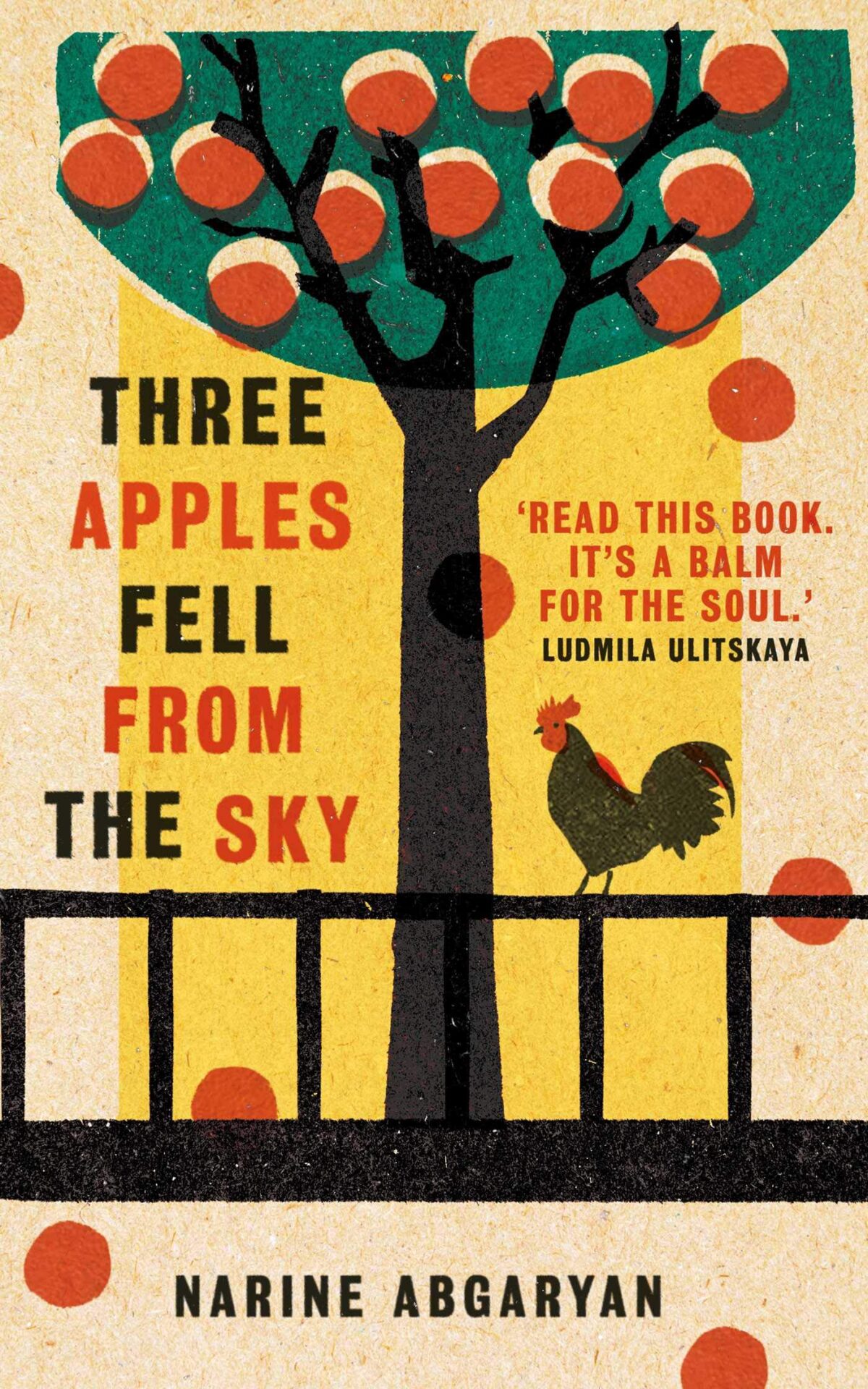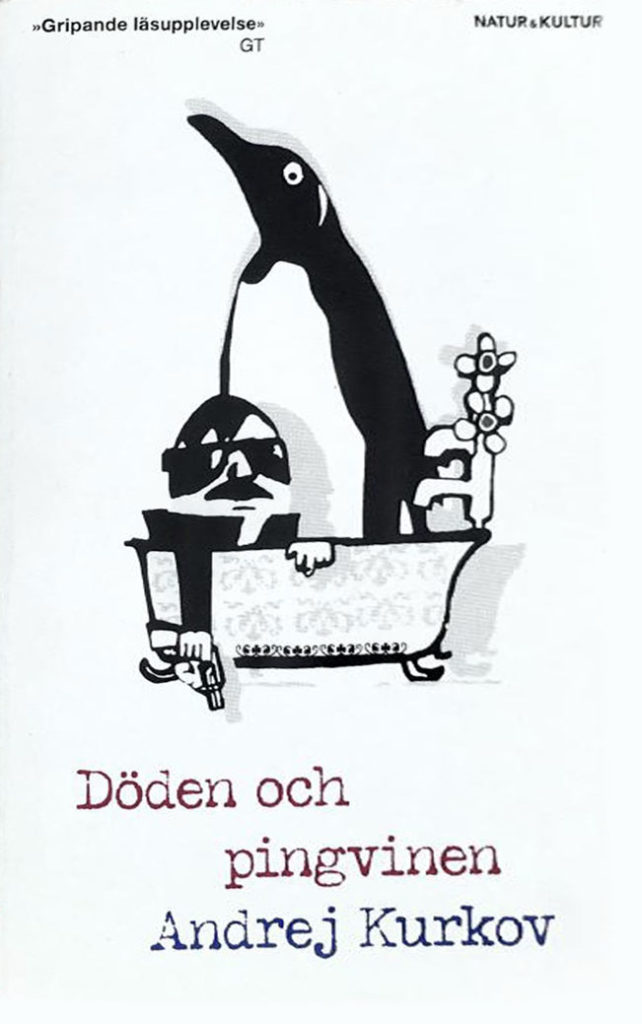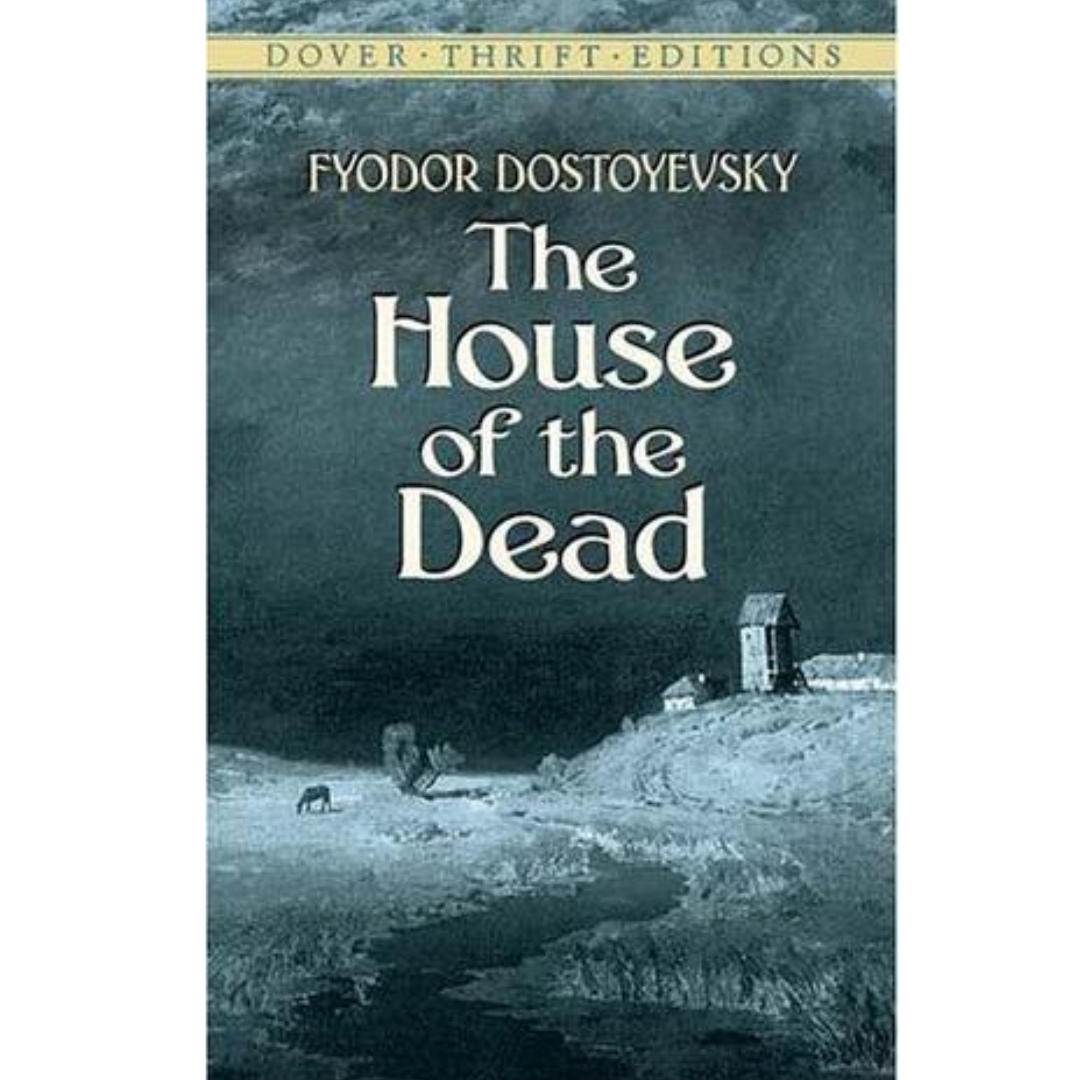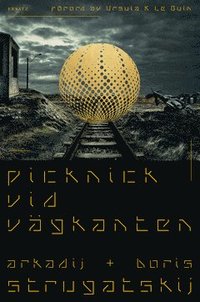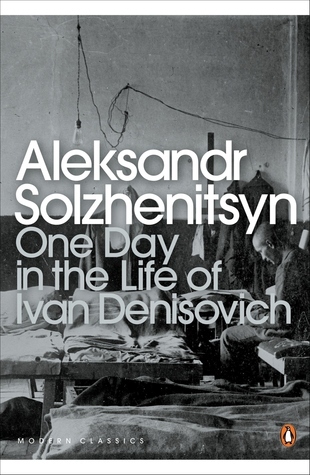My original objective when I was at the library to pick up Save Me the Waltz was Narine Abgaryan’s Three Apples Fell From the Sky. It was on my TBR because a (long) past issue of Karavan featured a favorable review, and it was the first book from my TBR that was available at a nearby library while I was in between appointments.
The story centers on the Armenian village of Maran, ravaged by war and natural disaster. The youngest resident is the 58-year-old Anatolia, whose deathbed preparations are the opening action of the book. Naturally, of course, she doesn’t die. Instead she is at the center of a series of events that have the potential to revitalize Maran; our entrance point into a multifaceted history of the village.
Abgaryan is an accomplished novelist with several works out by now, but Three Apples is the one with the most accolades: the English PEN Translates award, the Yasnaya Polyana Award in Russia. Reviews call it “a balm for the soul,” “an enchanting fable,” “an absolute joy,” or “a tender and quirky tale.” Lord knows I could have used a bit of feel-good reading when I picked it up!
Alas, it wasn’t to be. Maybe I’m too cynical for “quirky,” I don’t know, but it’s hard to feel rejuvenated or inspired by anything in the magical realism genre. The last I checked, I don’t have a totemic white peacock shielding me from harm. Being unimpressed with this book feels a bit like kicking puppies—though unlike Long Way to a Small, Angry Planet, I didn’t actively dislike Three Apples. I just wasn’t especially charmed by it.
I should note, however, that the book did have one high point for me: food. The book doesn’t skimp on details about various regional foods and desserts, and everything sounds amazing. Perhaps some of this is an artifact of translation (and credit to translator Lisa C. Hayden, the language is beautiful), but given this is a novel about the Armenian countryside written in Russian for a largely not-Armenian audience, I’d be willing to bet that most of the flavor descriptions and explanations were in the original as well. Time to see if there are any Armenian restaurants in Stockholm!

